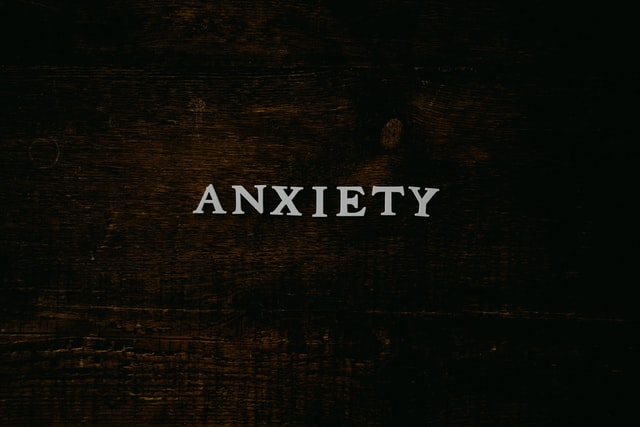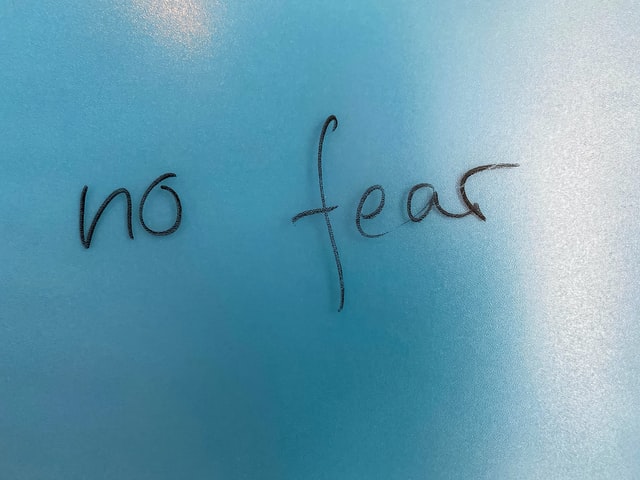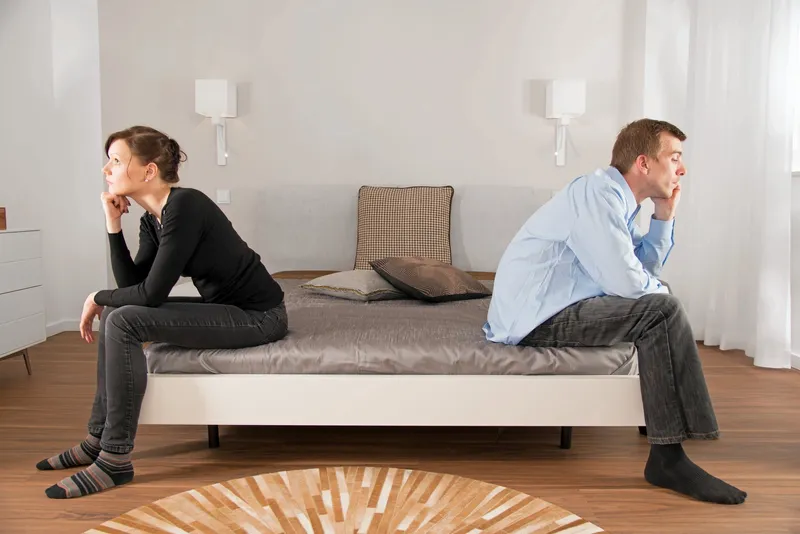As a Marriage and family therapist, I see the need for teamwork all over the place and appreciate the value of working with others. Specifically, I am speaking of family, and this must be broken down to spouses. If spouses don’t work together, there is likely a disconnect which will then play out within the immediate family, for instance, two parents that are often arguing and not agreeing on how to redirect their kids will likely find a break down when issues arise in the home. Its only common sense that spouses should work together to raise their family. Notice, I did not say they ALWAYS agree on how to raise their children OR for the matter any topic. The reason being and I tell clients this often, a partial compromise can be just as valuable as a total compromise. You may wonder, what could this look like and how might it be achieved? I am happy to explain!
First, healthy communication practices are necessary for two partners to talk respectfully with one another to discuss their thoughts on raising a family. One example being, one partner was raised to go to church every Sunday, while the other was not raised valuing church. The couple would be encouraged to discuss both sides by gaining an understanding of why going to church is important and why not going to church is important for the other partner. Till we participate in deeper conversation to seek the answers we are having a discussion without respecting the other’s viewpoints. Think of it as court, how can a Judge or even a jury find someone innocent or guilty without some evidence? The understanding is the evidence.
Once we begin gaining more understanding, we can then discuss what we are open to and closed off from. The areas of openness can then be used for a partial compromise. In the example above, perhaps spouses agree that they will go to church once every other week and bring the kids along to try out one or more churches to find a level of comfortability. It’s important to know, the process is not about winning or losing! This is where teamwork is found, even though disagreement on a topic, some level of compromise can be found, and healthy communication is the key to getting there. Of course, your area of disagreement may not be around raising kids, you might not have kids, it doesn’t matter the example can still be used the same.










